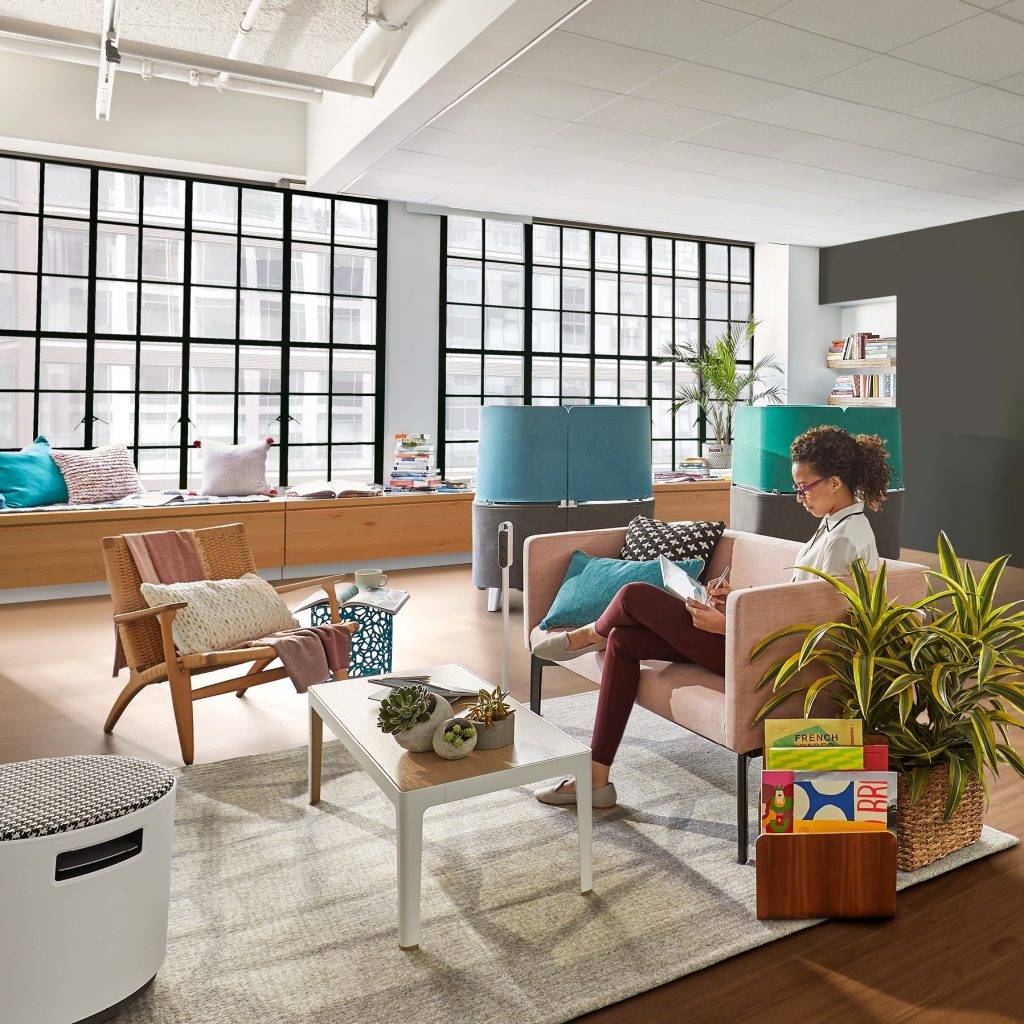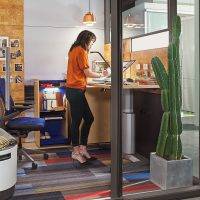June 12, 2017
What will the UK General Election mean for the workplace? Some experts respond 0
 Any residual feelings of certainty that anybody in the UK may have had about the country’s future following last year’s Brexit vote, will have had them pretty much eradicated by last Thursday’s General Election result. However, we must try to make sense of things for society and the wider economy as well as specific facets of it, such as the world of work. The whole thing looks like the pig’s ear that it is, of course. Fortunately, as some experts have already argued, there are some reasons to see some positive outcomes, including a soft (or softer) Brexit and the chance of a more positive approach to workplace rights, now that the Government needs to maintain a broader consensus. The fear or hope that the UK would lighten its already soft touch approach to workplace legislation would seem at least to be less well founded.
Any residual feelings of certainty that anybody in the UK may have had about the country’s future following last year’s Brexit vote, will have had them pretty much eradicated by last Thursday’s General Election result. However, we must try to make sense of things for society and the wider economy as well as specific facets of it, such as the world of work. The whole thing looks like the pig’s ear that it is, of course. Fortunately, as some experts have already argued, there are some reasons to see some positive outcomes, including a soft (or softer) Brexit and the chance of a more positive approach to workplace rights, now that the Government needs to maintain a broader consensus. The fear or hope that the UK would lighten its already soft touch approach to workplace legislation would seem at least to be less well founded.







 A majority of employees (62 percent) believe their company culture is one of the biggest hurdles in the journey to becoming a digital organisation, and this is putting companies at risk in falling behind competition in today’s digital environment claims a new report.
A majority of employees (62 percent) believe their company culture is one of the biggest hurdles in the journey to becoming a digital organisation, and this is putting companies at risk in falling behind competition in today’s digital environment claims a new report. 


























 Issues with the quality of their workplace lighting frustrate the majority (83 percent) of UK office workers; while 80 percent experience negative symptoms due to poor lighting a new study suggests. The survey by Lutron Electronics focused on key areas including the impact of lighting on mood and wellbeing and whether workers had personal control of their lights or were subject to standard lighting control settings across the office. Understandably, 88 percent of UK respondents said that their office lighting is important or very important and one third (32 percent) stated that their existing workplace lighting aids them in the accuracy and visibility of their work. In addition, 27 percent believe it allows them to focus more while 25 percent said it increases their general wellbeing. However, 35 percent of overall respondents said their existing office lighting does not have any positive impact on them at work. This figure is even higher (44 percent) among those in large companies with more than 5,000 employees and amongst the most senior generation (55+), where it reached more than half (51 percent).
Issues with the quality of their workplace lighting frustrate the majority (83 percent) of UK office workers; while 80 percent experience negative symptoms due to poor lighting a new study suggests. The survey by Lutron Electronics focused on key areas including the impact of lighting on mood and wellbeing and whether workers had personal control of their lights or were subject to standard lighting control settings across the office. Understandably, 88 percent of UK respondents said that their office lighting is important or very important and one third (32 percent) stated that their existing workplace lighting aids them in the accuracy and visibility of their work. In addition, 27 percent believe it allows them to focus more while 25 percent said it increases their general wellbeing. However, 35 percent of overall respondents said their existing office lighting does not have any positive impact on them at work. This figure is even higher (44 percent) among those in large companies with more than 5,000 employees and amongst the most senior generation (55+), where it reached more than half (51 percent).











June 12, 2017
We need to design for a multigenerational workforce 0
by Joe Huddleston • Comment, Workplace design
(more…)